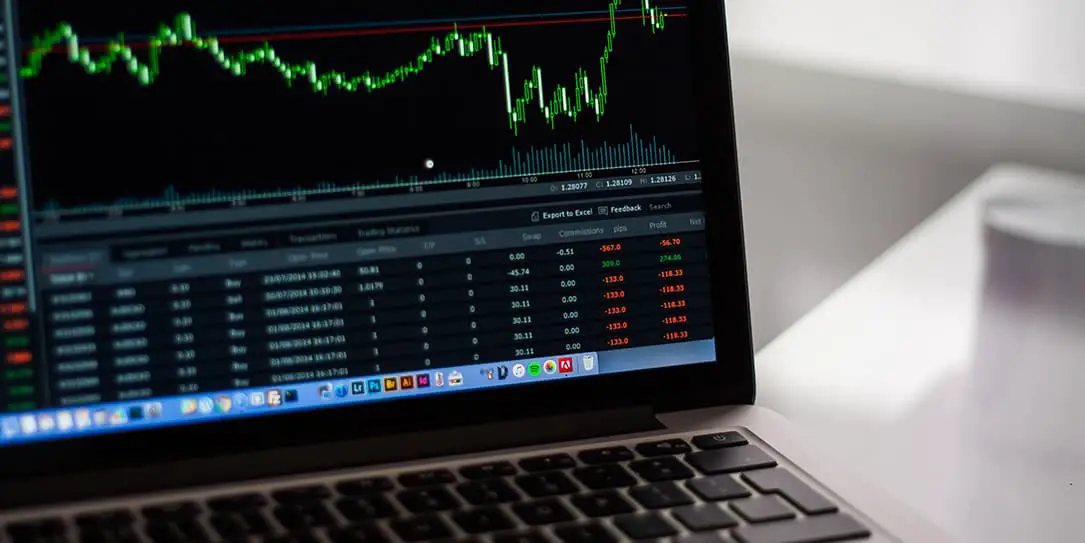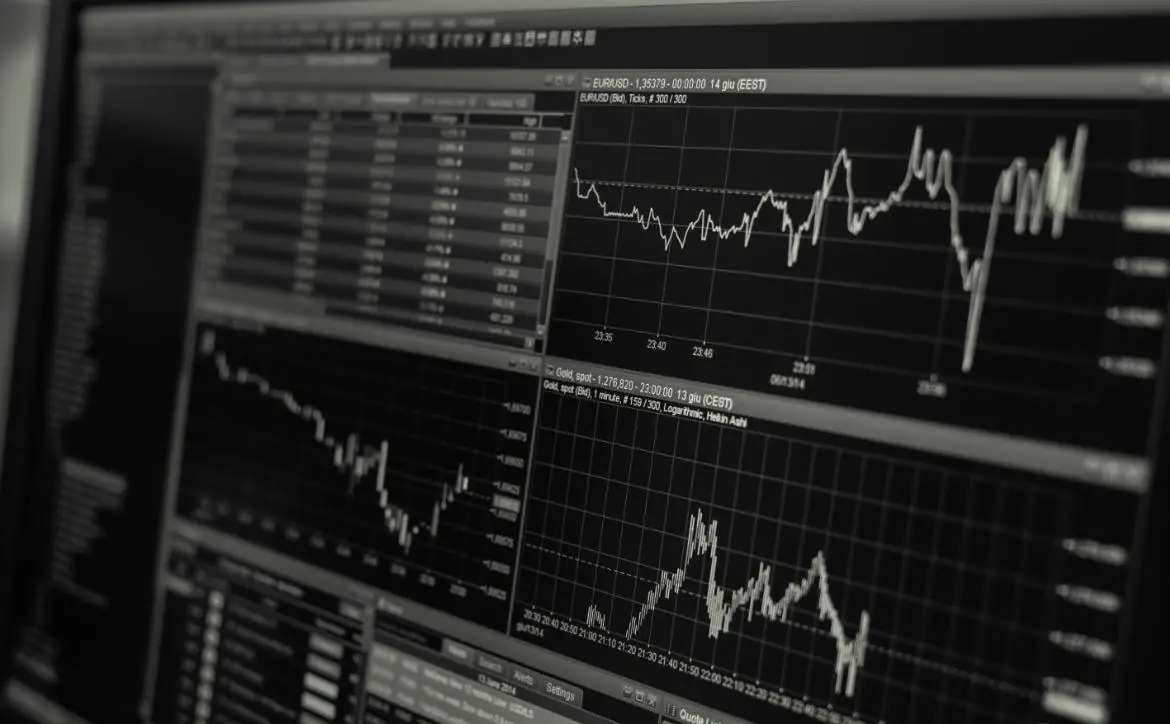The New York Stock Exchange now has seven active exchanges and over 2,400 unique companies, each of which issues publicly tradable stock. However, the options don’t stop there for traders, as the NASDAQ boasts another 3,800 companies to choose from. It makes you wonder how any trader ever manages to pick out one particular stock from the markets.
Estimated reading time: 5 minutes
The thing is, it doesn’t matter if you’re the most proficient investor in the world with textbook knowledge of the markets; if you can’t find trading setups amongst all of the noise, you will never be able to turn a profit.
Fortunately, these days we are blessed with tons of different tools that are designed to make our lives easier when it comes to mastering the markets. From oscillators and moving averages to high-tech charting software, traders are simply spoiled for choice these days. But ask any serious trader what the best tool of them all is, and you can bet most of them will say it’s their stock scanner.
What is a stock scanner?
A stock scanner is a tool that traders use to almost instantly find stocks that meet a certain set of predetermined criteria. To give an example, the best stock scanners usually allow you to sort stocks based on a multitude of metrics such as industry, price, traded volume, and even by chart patterns, P/E ratios, and recent momentum.
As a result, these handy tools are a must-have for both novice and veteran traders, particularly if you’re a day trader who likes to enter multiple positions each day.

Different types of stock scanners
However, it’s important to note that not all stock scanners are built the same. There are four different types of scanners that you need to know about, as each one filters the market based on varying sets of criteria. These are:
Fundamental stock scanners
As the name suggests, a fundamental stock scanner helps you filter the market based on information related to a company’s commercial activities and other objective financial information. For many traders, manually sifting through this data for hundreds of different companies simply isn’t feasible, so having a scanner do it for you can save countless hours of research. Some of the metrics these scanners filter include:
- Dividend Payout Ratio (DPR)
- Earnings Per Share (EPS)
- Debt-to-Equity Ratio (D/E)
- Return on Equity (ROE)
- Profit margins
Technical stock scanners
The majority of day traders these days rely on technical analysis when looking for new trading opportunities. Instead of depending on fundamental analysis based on financial data, technical analysis is more focused on evaluating investments based on historical price trends and patterns observed on charts.
The thing is, conducting technical analysis yourself can be very time-consuming and is not very efficient. This means you could be missing out on tons of trading spots, which isn’t ideal. Thankfully, technically stock scanners filter the market based on various technical criteria, including chart patterns and information relayed by technical indicators.
Post-market stock scanners
Post-market scanners trawl the market and help you identify stocks based on various information using data from the previous trading session. As the name suggests, these scanners focus solely on data outside of the trading hours. Armed with this knowledge, you can conduct a deeper analysis of the standout stocks that your scanner has selected so you can be prepared once the markets reopen. Some of the metrics these scanners filter include:
- Top winners and losers of the session
- Spikes in volume
- Stocks that hit all-time highs/lows
Intraday stock scanners
Finally, intraday stock scanners examine stock data in real-time while the market is open and trading. Of course, time is of the essence for traders who rely on this type of analysis, which is why these scanners are typically the most advanced and robust of the bunch.
These scanners help traders locate trends while they are in action, analyzing just about any time frame you can think of. In general, most traders tend to set up their scanners to filter stocks based on a very specific set of parameters and then calibrate the scanner to alert them when a stock falls within them.
Final word
Stock scanners are extremely powerful tools that every serious trader should own, particularly if they want to get the best out of their sessions and increase their profits. The main reason for this is that the number of companies listed on stock markets worldwide is just too large to analyze manually, which is why traders must take advantage of the tools at their disposal to help them identify the best trading opportunities. With stock scanners, traders can save a significant amount of time compared to trawling the markets themselves. They also have the additional advantage of uncovering undervalued stocks that other people ignore, either because they are obscure or unconventional to most investors. As a result, you might be able to find a real gem with a stock scanner – just as long as you can think of the perfect parameters to put into it.
What do you think of stock scanners? Please share your thoughts on any of the social media pages listed below. You can also comment on our MeWe page by joining the MeWe social network.










